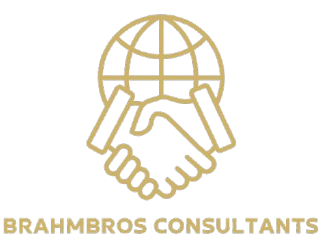Education consulting in its purest sense is the ability to guide students, educational institutions, and stakeholders toward areas of critical improvement based on meaningful, experienced, and documented understanding of the challenges. These critical areas can include admissions strategy, academic planning, career guidance, institutional development, or other key drivers of educational success. It’s not a theoretical process—it involves understanding both the broader context and the subtle nuances that make a real difference in outcomes.
An education consultant must first have the ability to understand function over form and cause over effect, because the consultant may be brought in to address either a specific issue or a broader challenge.
A specific issue might be, “My student applications are low.” A broader challenge could be, “Our institution is struggling to attract top talent,” or, “Student enrollment and engagement are declining.” The consultant must focus on causation—examining the observed effects and identifying the underlying reasons.
It’s not enough to address surface-level solutions like, “We need better marketing.” True impact comes from understanding function—how processes, strategies, and structures operate—and then implementing solutions that address the root causes.
You must understand that solutions need to be tailored and context-specific—one approach doesn’t fit all. Consider a complex scenario in the education field: for example, helping a student choose the right program or institution.
Each student’s goals, strengths, and circumstances are unique, so recommendations must be personalized, evidence-based, and practical, rather than relying on generic advice.
What Is the Difference Between a Good and a Bad Consultant?
A good education consultant carefully evaluates situations before making recommendations. For example, imagine guiding a student through college admissions. A consultant who jumps to conclusions or gives advice without fully understanding the student’s strengths, goals, and context may lead to poor outcomes.
Much like Henry Ford, who famously assessed executives’ decision-making habits before hiring, a skilled consultant observes carefully, asks the right questions, and ensures recommendations are thoughtful, evidence-based, and tailored to each student’s unique situation.
